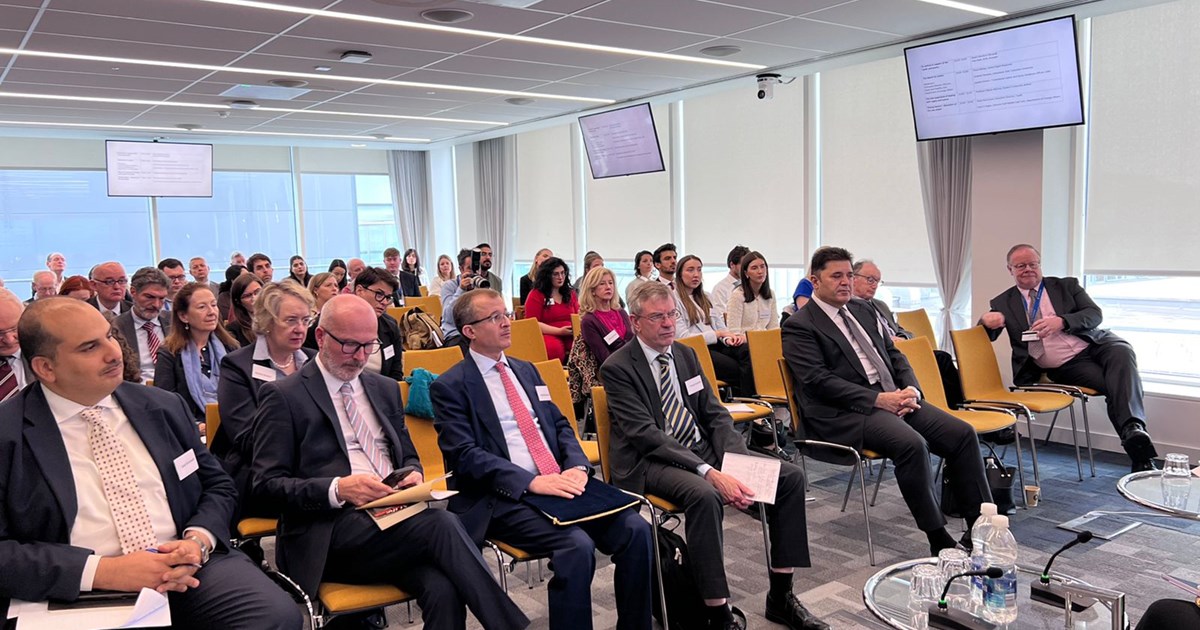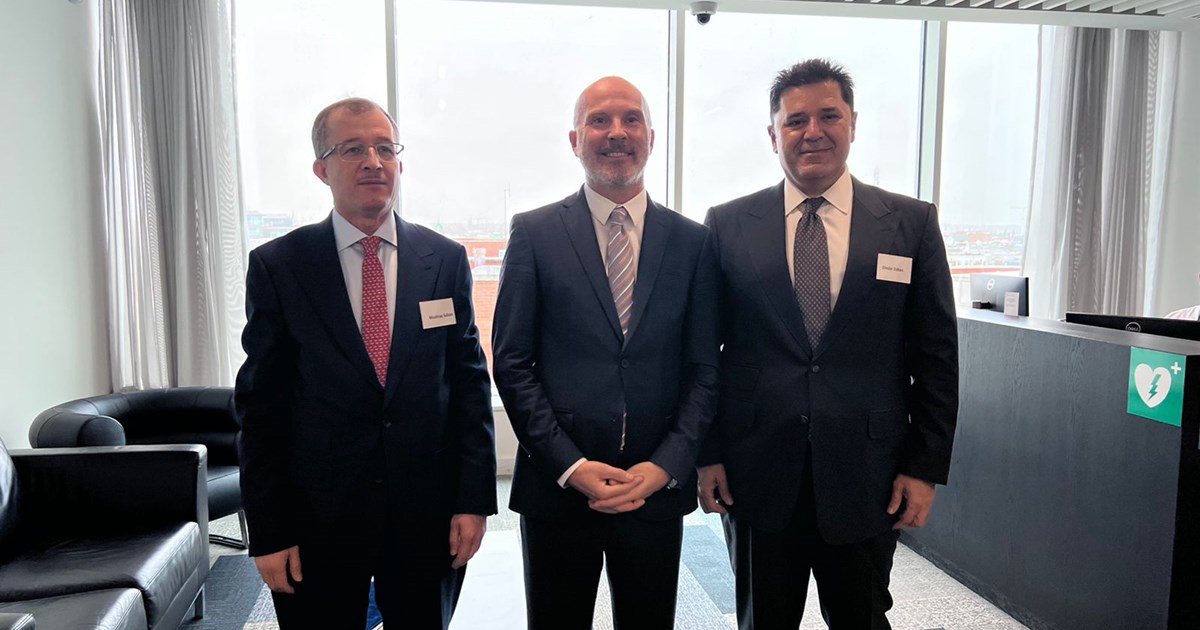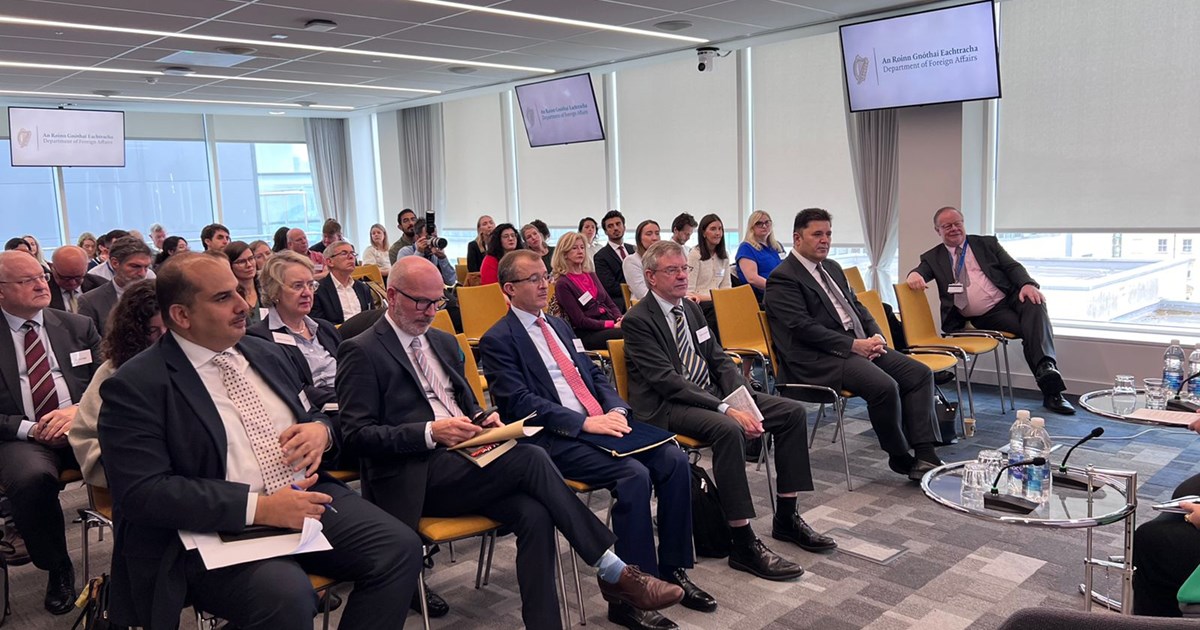Call for Unified Justice Mechanism for Yazidi Genocide Victims at Dublin Event

On 10 September 2024, the Ministry of Foreign Affairs of the Republic of Ireland held an event in Dublin addressing the atrocities committed against the Yazidis. The event was attended by representatives from Iraq, the Kurdistan Region, the Yazda Organization, the International Organization for Migration, as well as academics and human rights activists.
In his speech, Dindar Zebari, Coordinator of International Advocacy for the Kurdistan Regional Government (KRG), emphasised the KRG’s ongoing efforts to seek justice and support for the Yazidi community. He highlighted key initiatives, such as the implementation of the Yazidi Survivors Law No. 8 of 2021, efforts to establish a specialised court for international crimes, and the importance of mental health initiatives. Zebari cited the Institute of Psychotherapy and Psycho-traumatology in Duhok and rehabilitation programs for survivors in Germany as vital elements of these efforts.
Zebari also acknowledged the crucial role of the United Nations Investigative Team to Promote Accountability for Crimes Committed by Da'esh (UNITAD) in gathering and documenting evidence of crimes committed by ISIS. He underscored the significance of the recent data transfer from UNITAD to the KRG, which is essential for advancing prosecutions.
He outlined the legal progress made by the KRG in prosecuting ISIS terrorists, including the establishment of a ministerial committee in November 2020 to recognise ISIS crimes as genocide and propose the creation of a special court to ensure fair trials.
While 3,579 Yazidi individuals have been rescued, 2,596 remain missing. Zebari stressed the urgent need to address the welfare of children born to ISIS-affiliated parents, preserve Yazidi cultural heritage, and ensure the full implementation of the 2020 Sinjar Agreement. He also paid tribute to the sacrifices made by the Kurdistan Peshmerga Forces in the fight against ISIS, noting that 1,814 Peshmerga fighters were martyred, 10,725 were wounded, and 44 remain missing.
The event in Dublin called for greater international support, including the creation of a joint archiving centre to document the crimes and the establishment of a unified mechanism to prosecute international crimes more effectively.


